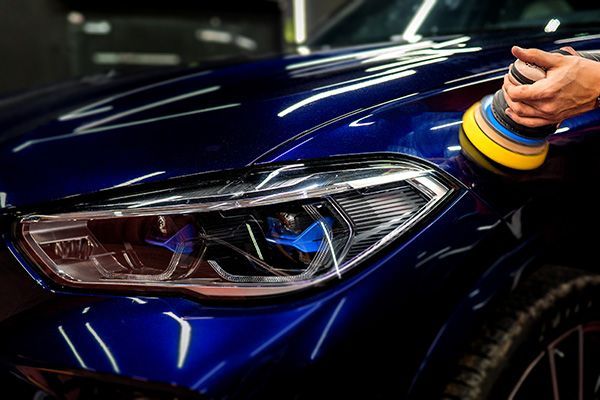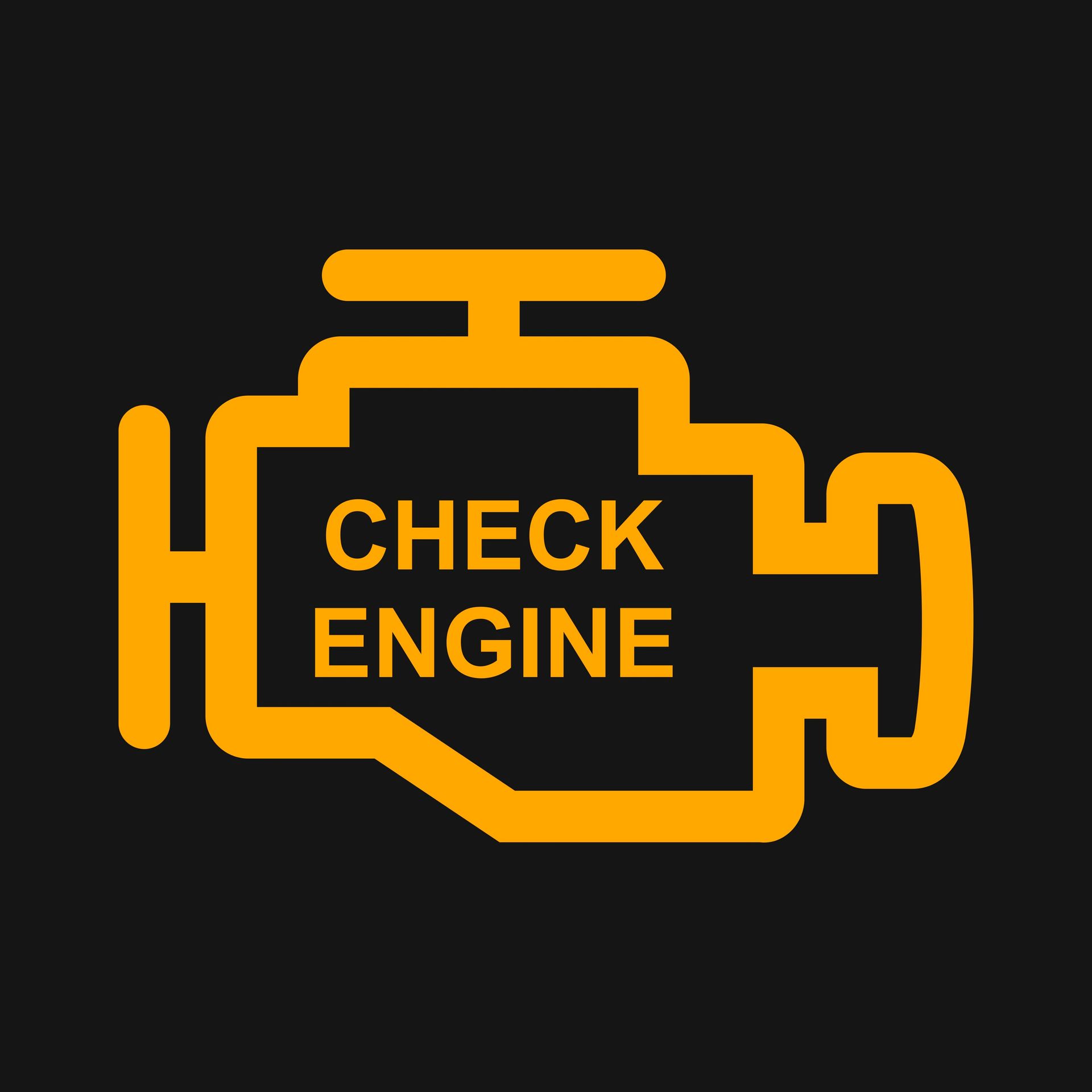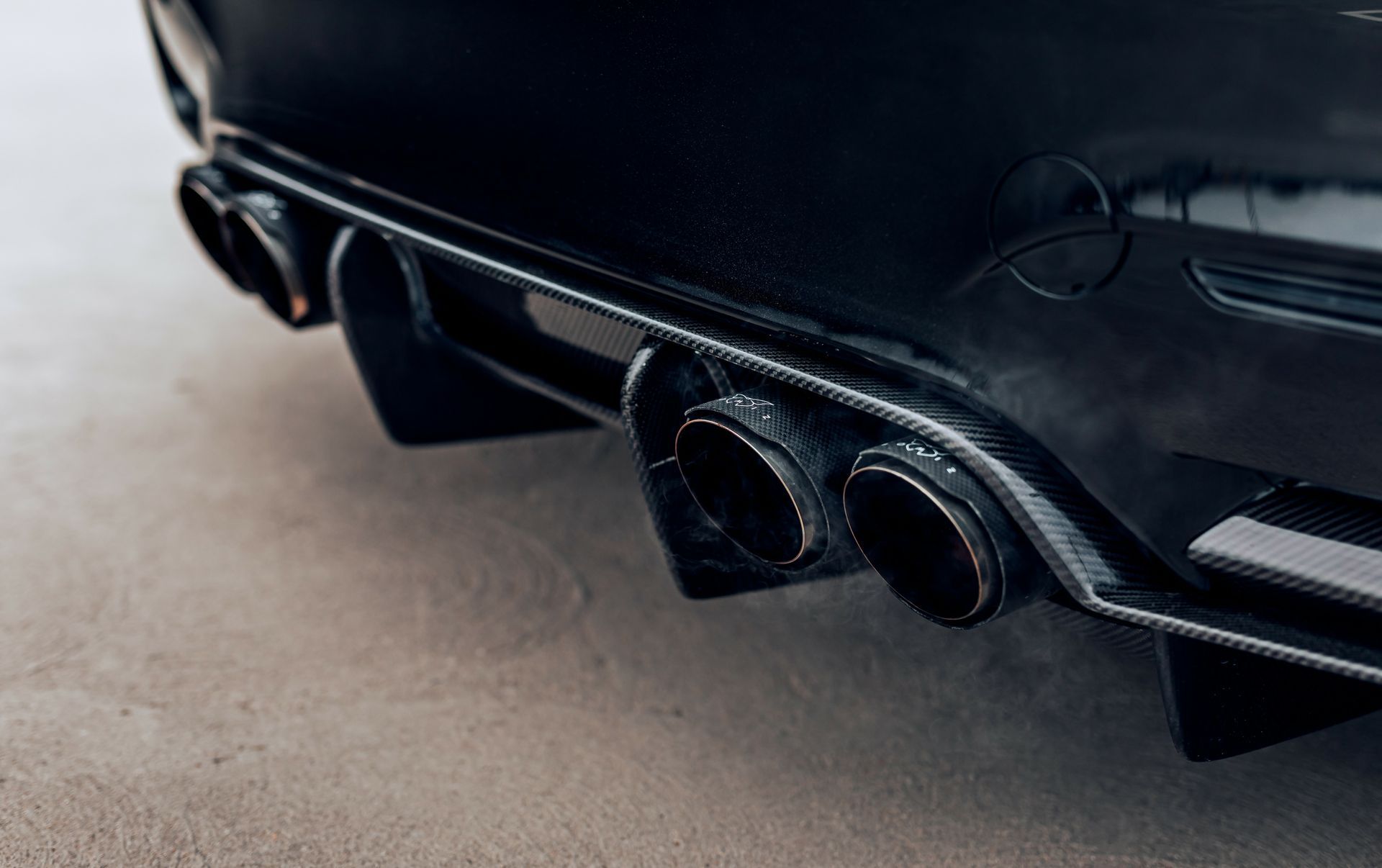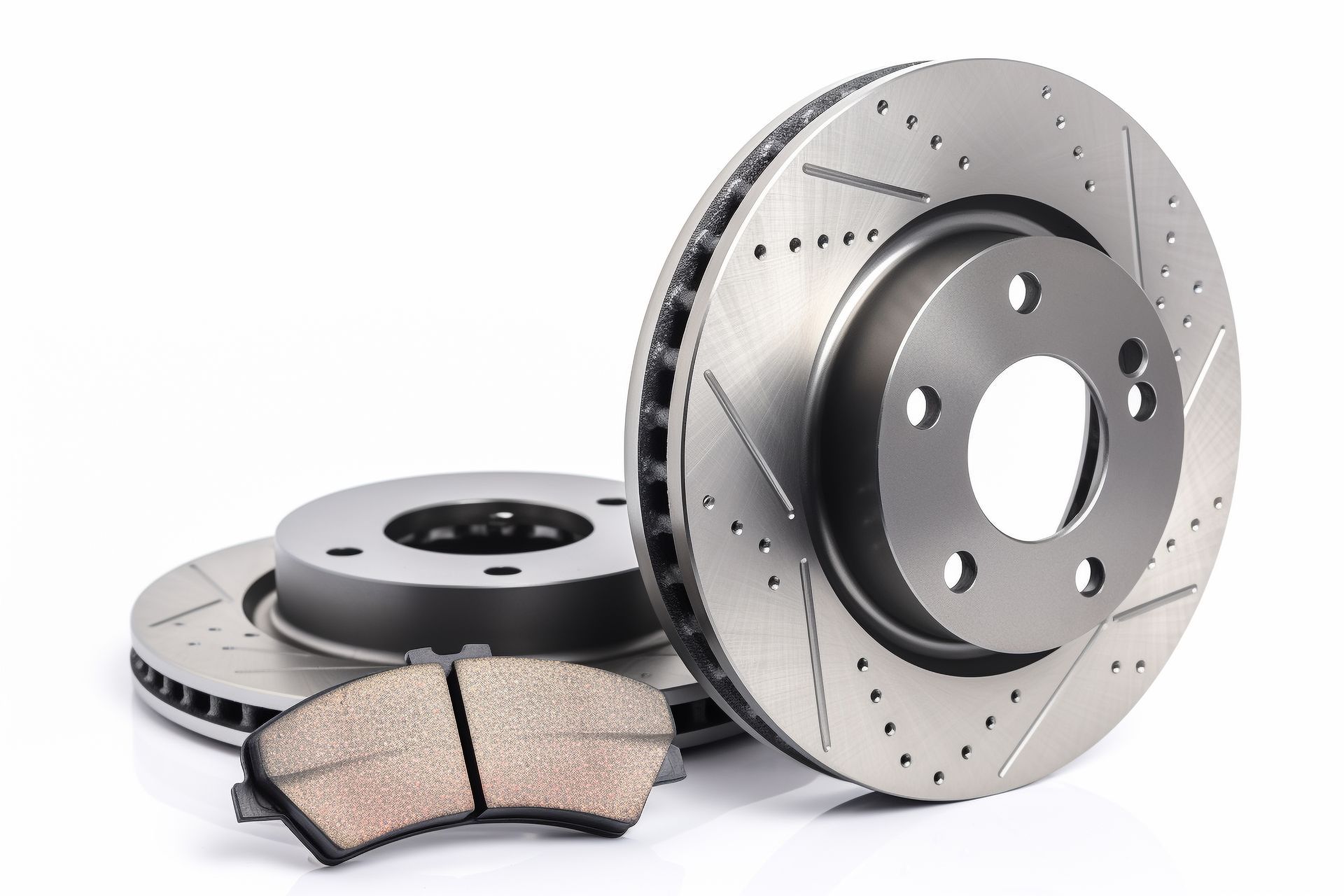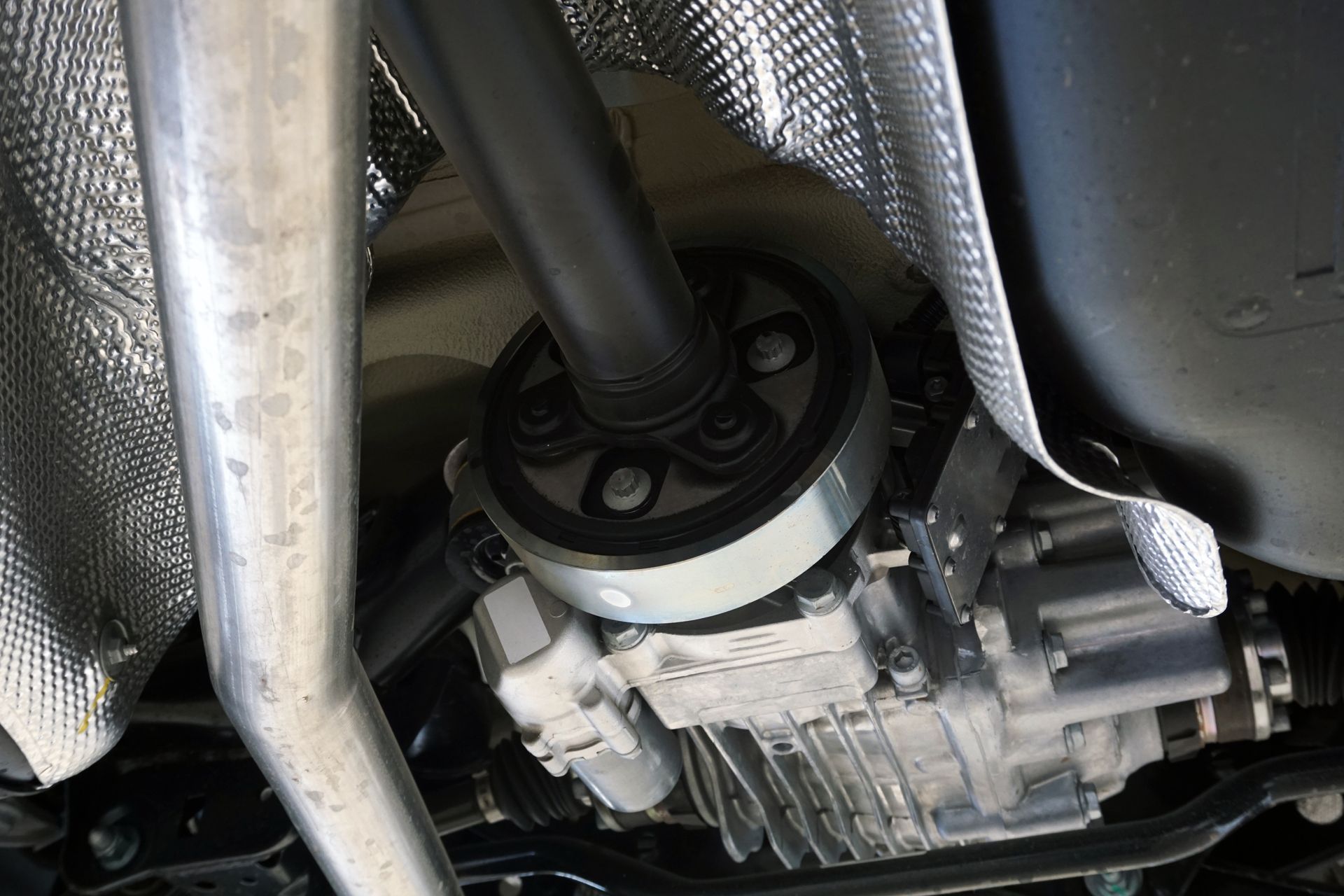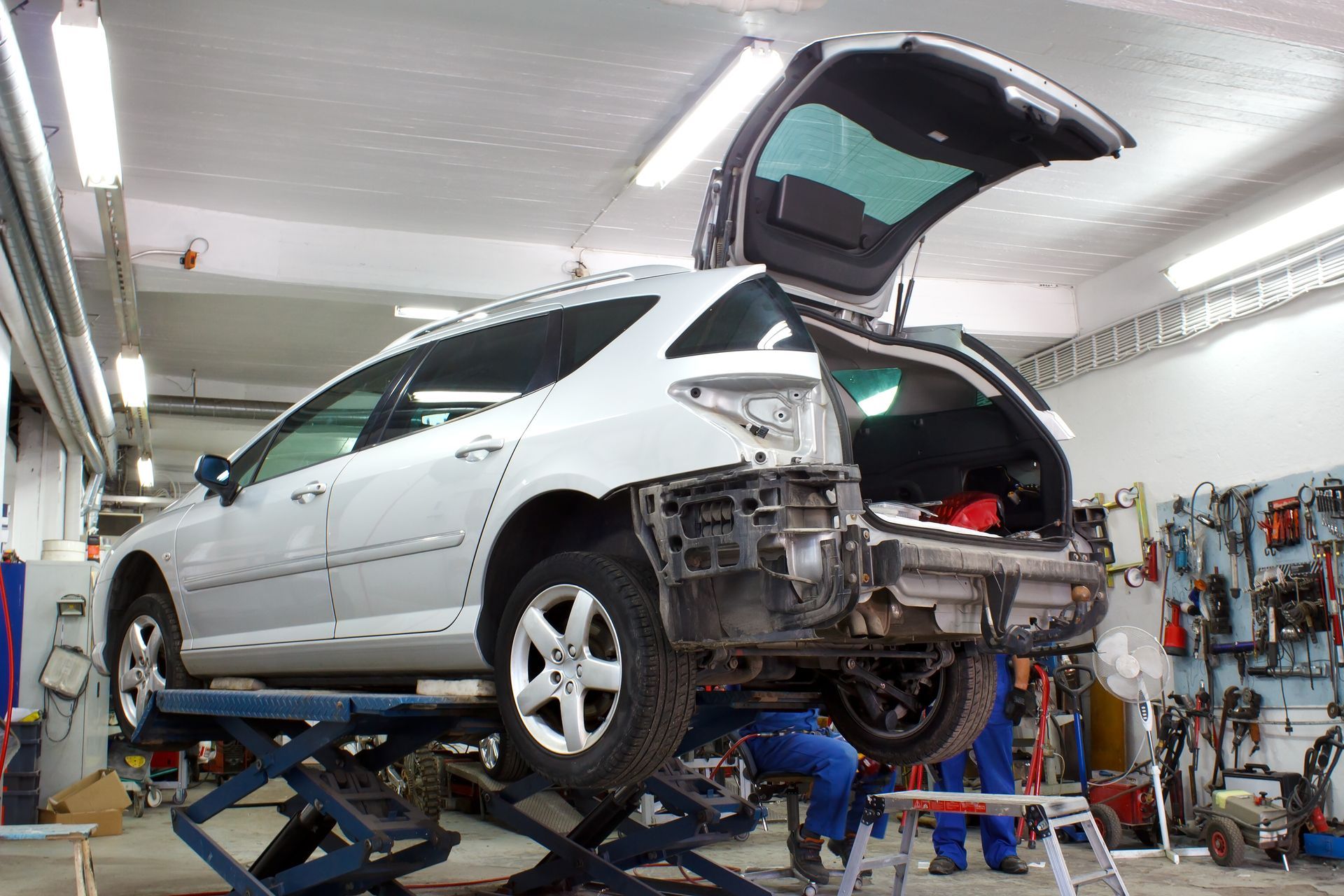Introduction:
The engine air filter is a vital component in your vehicle's engine system, responsible for filtering out impurities and ensuring that the engine receives clean air for combustion. In this article, we'll explore the importance of the engine air filter, signs that indicate it needs replacement, and the basic process involved in changing it.
Why the Engine Air Filter Matters:
1. Engine Performance:
A clean air filter allows your engine to breathe freely, promoting optimal combustion, which leads to improved fuel efficiency and overall performance.
2. Engine Longevity:
Filtering out dirt, dust, and debris prevents these particles from entering the engine and causing premature wear and damage to internal components.
3. Air Quality:
A well-maintained engine air filter contributes to better air quality inside your vehicle by preventing contaminants from entering the cabin through the HVAC system.
Signs Your Vehicle's Engine Air Filter Needs Replacement:
1. Reduced Fuel Efficiency:
A clogged or dirty air filter restricts airflow to the engine, which can lead to decreased fuel efficiency.
2 Decreased Acceleration:
If your vehicle feels sluggish or lacks power during acceleration, it may be due to a dirty or clogged air filter.
3. Engine Misfires:
A dirty air filter can cause an imbalance in the air-to-fuel mixture, leading to engine misfires and rough idling.
4. Black Smoke from Exhaust:
A rich air-to-fuel mixture caused by a clogged air filter can result in black smoke coming from the exhaust.
5. Check Engine Light:
In some cases, a clogged air filter can trigger the check engine light on your dashboard.
The Engine Air Filter Replacement Process:
1. Locate the Air Filter Housing:
The engine air filter is typically located in a rectangular or cylindrical housing under the hood. Consult your vehicle's owner's manual or a repair manual for its exact location.
2. Open the Housing:
Most air filter housings have clips or screws securing them. Carefully remove these fasteners to open the housing.
3. Remove the Old Filter:
Take out the old air filter from the housing. Inspect it for dirt, dust, and debris. If it's dirty or clogged, it's time for a replacement.
4. Clean the Housing:
Before inserting the new filter, clean the inside of the housing to remove any loose particles or debris.
5. Install the New Filter:
Place the new engine air filter into the housing, making sure it fits snugly. Ensure it is oriented correctly, with the pleats facing the same way as the old filter.
6. Close the Housing:
Carefully close and secure the air filter housing, ensuring that all fasteners are properly tightened.
7. Test the Vehicle:
Start the engine and rev it a few times to ensure the new air filter is in place correctly and there are no unusual sounds or issues.
8. Dispose of the Old Filter:
Properly dispose of the old air filter in accordance with local environmental regulations.
Conclusion:
Regularly replacing your vehicle's engine air filter is a simple yet crucial maintenance task that can significantly impact engine performance, fuel efficiency, and overall engine health. Consult your vehicle's maintenance schedule to determine how often you should change the air filter, and always use a quality replacement filter for the best results.


